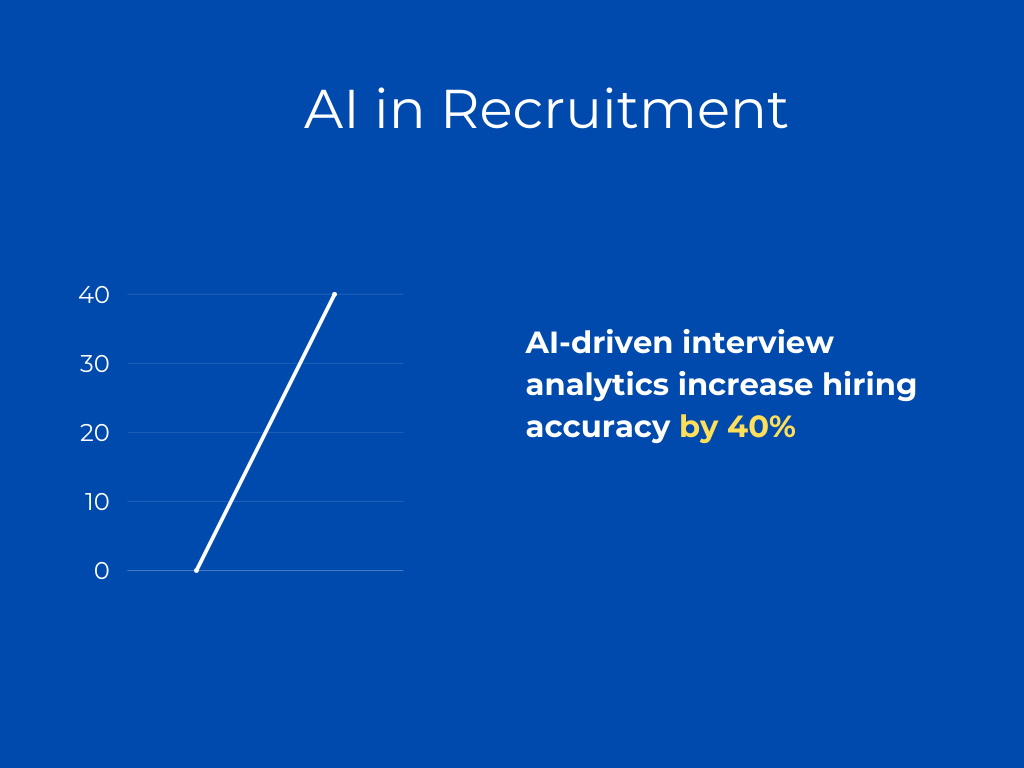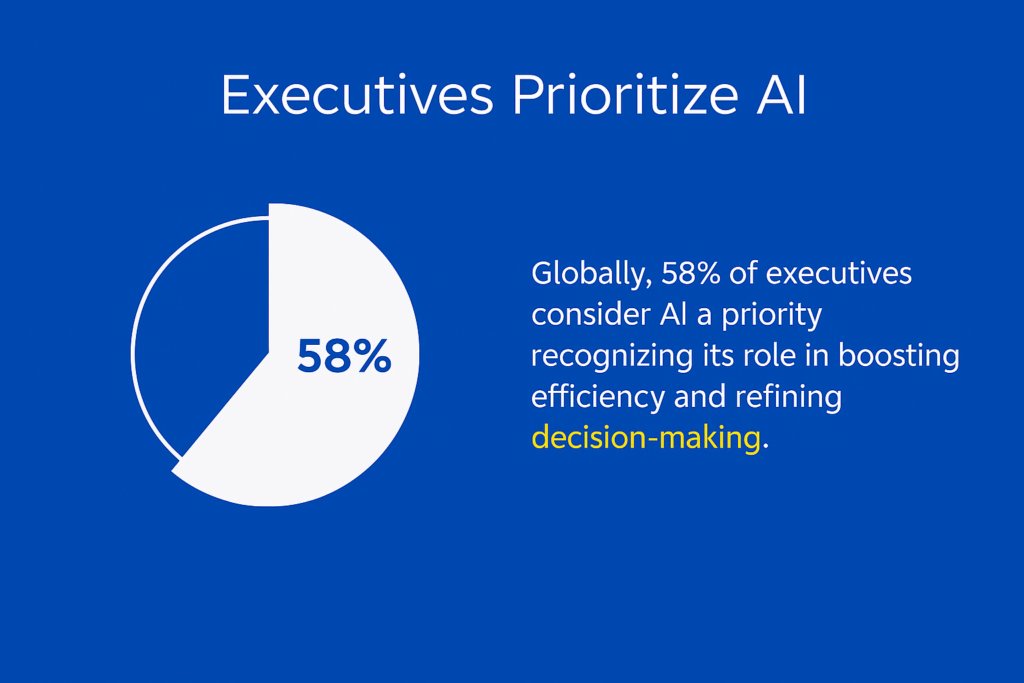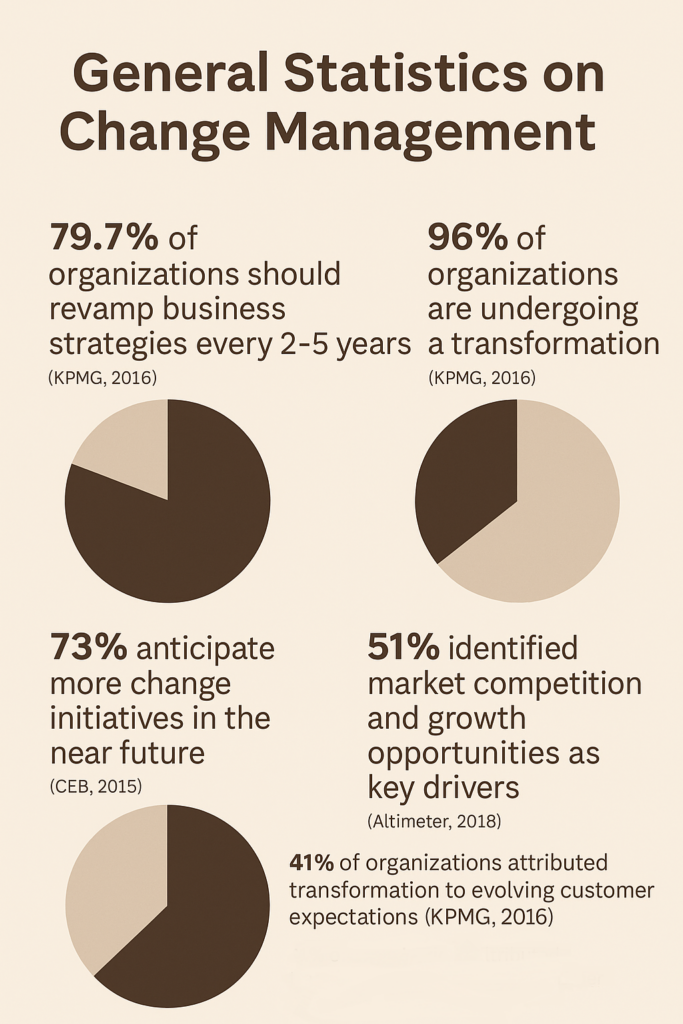HR transformation is no longer just a buzzword—it’s a fundamental shift that’s shaping the future of people management. As organizations navigate through a rapidly changing business landscape, they must reimagine HR practices to meet evolving employee expectations, technological advancements, and industry demands. HR transformation is about creating a future-ready workforce, enhancing employee experience (EX), and driving performance across the board.
-
Technology: The Engine of Change
Technology plays a critical role in the HR transformation journey. With AI, HR analytics, and cloud-based systems, organizations can make smarter, faster decisions that impact hiring, performance, and retention. For example, Unilever uses AI-driven assessments in its hiring process to ensure that candidates align with the company’s values and needs. This has allowed them to reduce hiring time and improve employee fit. By integrating tools like AI and machine learning into HR processes, companies are moving toward more data-driven decisions, reducing bias, and streamlining operations.

According to a McKinsey report, 58% of global executives view AI as a priority in reshaping their HR strategies, with the majority believing it improves efficiency and enhances decision-making.

-
Data-Driven Insights: Informing Strategic Decisions
HR has evolved from intuition-based decisions to being powered by hard data. By analyzing employee trends, engagement scores, and performance metrics, HR professionals can now make informed decisions that directly influence organizational success. For example, Google uses People Analytics to gather and analyze data from performance reviews, surveys, and productivity tools to identify high-performing employees and areas for improvement. This allows them to proactively address issues and align talent strategies with broader business goals.
Data-driven HR strategies also drive employee engagement. According to a Gallup study, companies with engaged employees experience 21% higher profitability, underscoring the importance of leveraging data to boost morale and retention.
Our Total Offer Modeler and Live Benchmarking Tool are underpinned by advance analytics, transforming business through data driven decision making. Data Driven decision making has clearly shown to improve business performance, improve retention, increase leadership bench strength and increase employee engagement. HR Transformation be underpinned by data and analytics
-
The Employee Experience: Redefining the Workplace
In today’s competitive job market, employee experience (EX) is critical for attracting and retaining top talent. HR transformation is about rethinking the entire employee journey—from recruitment and onboarding to ongoing development and offboarding. Salesforce leads by example, offering a comprehensive EX strategy that focuses on flexibility, career development, and workplace inclusivity. In fact, their employee satisfaction rates are among the highest in the tech industry due to their emphasis on a holistic, employee-first approach.
In 2023, LinkedIn’s Global Talent Trends survey found that 74% of talent professionals and hiring managers agreed that providing a better employee experience is key to increasing employee retention. This shift emphasizes how HR is evolving from a transactional function to one focused on long-term employee well-being and success.
-
Agility: Responding to an Evolving Workforce
HR agility is another pillar of HR transformation. Agile HR practices allow organizations to adapt quickly to change, which is critical in today’s fast-paced, volatile business world. Agile teams, empowered by real-time feedback and adaptive planning, can quickly pivot to meet new needs, such as responding to market shifts or implementing new technologies.
According to Deloitte’s 2023 Global Human Capital Trends report, 87% of executives believe that agility is crucial for maintaining competitiveness in the modern workplace. Organizations embracing agile HR methods are better able to navigate disruption and manage transitions, making them more resilient in uncertain times.
-
Diversity, Equity, and Inclusion (DEI): Integral to HR Transformation
DEI initiatives are no longer just a nice-to-have; they are fundamental to HR transformation. A diverse and inclusive workplace has been shown to lead to better decision-making, higher creativity, and improved financial performance. McKinsey’s 2020 Diversity Wins report highlighted that companies in the top quartile for gender and racial diversity are 25% more likely to experience above-average profitability.
Leading companies, like Accenture, have integrated DEI efforts into their HR transformation strategies, creating a more inclusive culture and aligning diversity goals with business outcomes. In doing so, they are not only enhancing their workplace but also creating a competitive advantage in attracting diverse talent, which is increasingly valued by job seekers.
-
Change Management: Navigating the Transformation
Implementing HR transformation isn’t without challenges. Effective change management is critical to ensuring successful adoption. Employees need to feel supported and engaged throughout the transformation process. Companies like PwC have invested heavily in change management strategies to ensure smooth transitions during organizational shifts. By providing ongoing communication, training, and feedback channels, organizations can mitigate resistance and increase employee buy-in.

This infographic illustrates critical data on organizational change: 96% of companies are undergoing transformation, 73% expect more change soon, and 50% cite digital transformation as a key driver. Staying adaptable is essential in today’s competitive business landscape.
As Gartner reports, 70% of transformation initiatives fail due to poor change management, which highlights the importance of strong leadership and structured change processes.
Conclusion: The Future of HR is Now
HR transformation is more than a trend; it’s a strategic shift that organizations can’t afford to ignore. By embracing technology, data analytics, agility, and inclusivity, companies can build a future-ready HR function that drives business success. The organizations that prioritize HR transformation will not only attract and retain top talent but will also create a culture of innovation, inclusivity, and continuous improvement—key drivers of success in today’s rapidly changing world.

